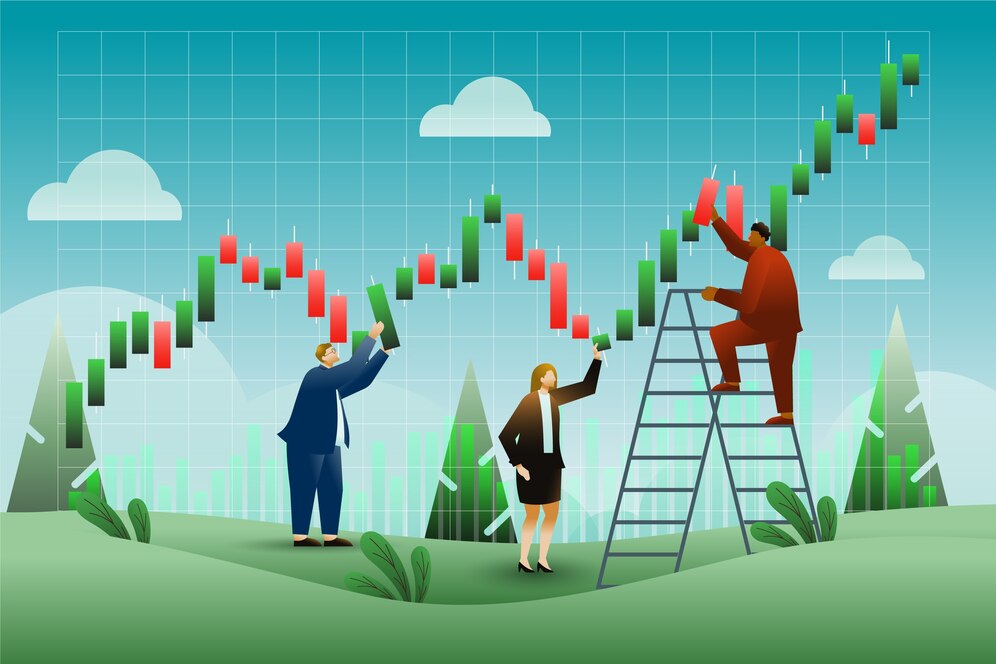The stock market is a roller coaster, and the tale of FintechZoom GME stock is one of its wildest rides. This article explores the meteoric rise and subsequent fall of GME stock, driven by a mix of retail investor fervor, social media influence, and hedge fund maneuvers. Strap in as we delve into the timeline, key players, and lasting impacts of this financial phenomenon.
The Beginning: GameStop’s Struggles
GameStop, a brick-and-mortar video game retailer, had been struggling for years due to the shift towards digital gaming. The company’s stock was languishing, making it a prime target for short-sellers betting on its decline. However, the story took a dramatic turn in early 2021.
The Spark: Reddit’s r/WallStreetBets
The subreddit r/WallStreetBets, known for its high-risk trading strategies, became the epicenter of the GME stock surge. Users noticed the high short interest in GameStop and saw an opportunity for a short squeeze. A short squeeze happens when a heavily shorted stock’s price rises rapidly, forcing short-sellers to buy back shares at higher prices, further driving up the stock price.
The Meteoric Rise
In January 2021, GME stock skyrocketed from around $20 to an all-time high of $483. This unprecedented surge was fueled by retail investors buying en masse, encouraged by posts on Reddit and other social media platforms. The movement was seen as a way to stick it to Wall Street hedge funds, which had heavily shorted the stock.
Key Players
- Keith Gill (Roaring Kitty): An early proponent of GME on r/WallStreetBets, Gill’s analysis and enthusiasm were instrumental in rallying retail investors.
- Melvin Capital: A hedge fund that suffered massive losses due to its short position in GME. The fund required a $2.75 billion capital infusion from other hedge funds to stay afloat.
- Robinhood: The trading app became infamous for restricting GME trades at the peak of the frenzy, citing liquidity concerns. This move sparked outrage and accusations of market manipulation.
The Fall
The bubble burst as quickly as it had inflated. By February 2021, GME stock had plummeted back to around $50. Several factors contributed to the decline:
- Profit-Taking: Early investors cashed out, leading to a decrease in buying pressure.
- Regulatory Scrutiny: The SEC announced it was monitoring the situation, causing jitters among retail investors.
- Brokerage Restrictions: Platforms like Robinhood limited trading, preventing many from buying more shares.
Aftermath and Lessons Learned
The GME saga had lasting impacts on the stock market and retail investing:
- Increased Retail Participation: The event highlighted the power of retail investors and democratized stock trading.
- Regulatory Changes: It prompted discussions about market regulation, transparency, and the role of social media in trading.
- Hedge Fund Strategies: Hedge funds re-evaluated their strategies, especially concerning heavily shorted stocks.
The Role of FintechZoom
FintechZoom, a financial news and analysis platform, played a crucial role in disseminating information about GME. The platform’s coverage attracted a wide audience, contributing to the hype and providing real-time updates on the stock’s volatile movements. FintechZoom’s analysis helped both novice and seasoned investors navigate the chaotic trading environment.
Conclusion
The rise and fall of FintechZoom GME stock is a testament to the power of collective action in the financial markets. It was a saga of David vs. Goliath, with retail investors taking on Wall Street titans. While the frenzy resulted in significant losses for some, it also underscored the need for a more transparent and equitable trading environment. The GME story will be remembered as a pivotal moment in stock market history, illustrating both the potential and the perils of modern investing.







